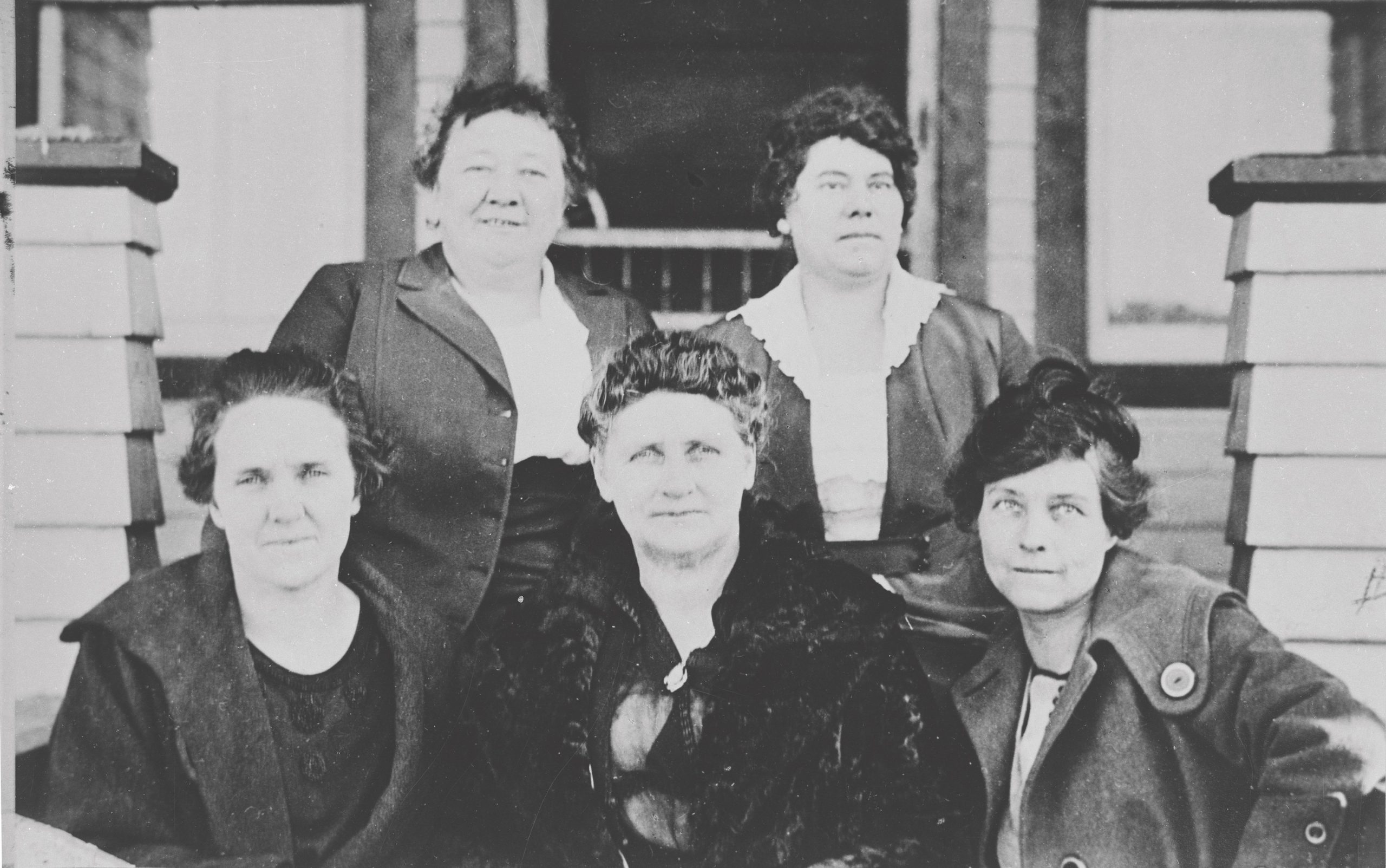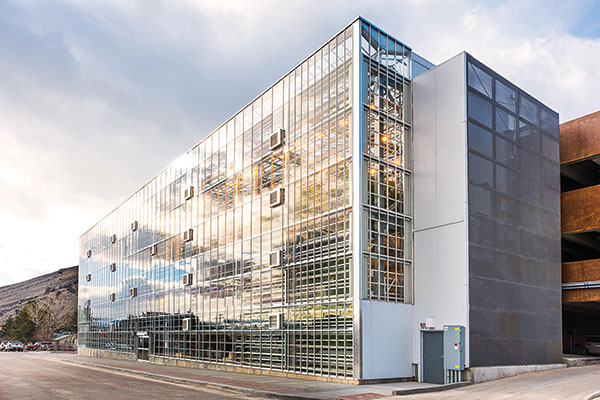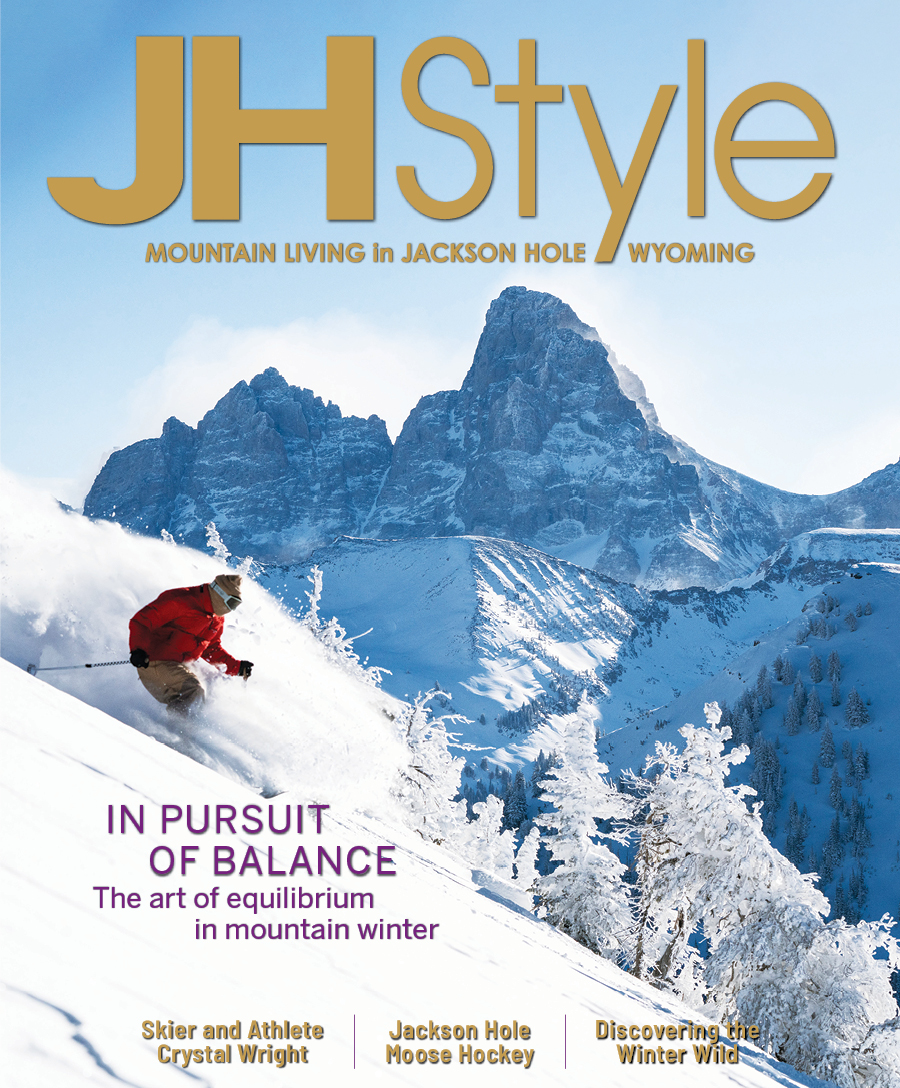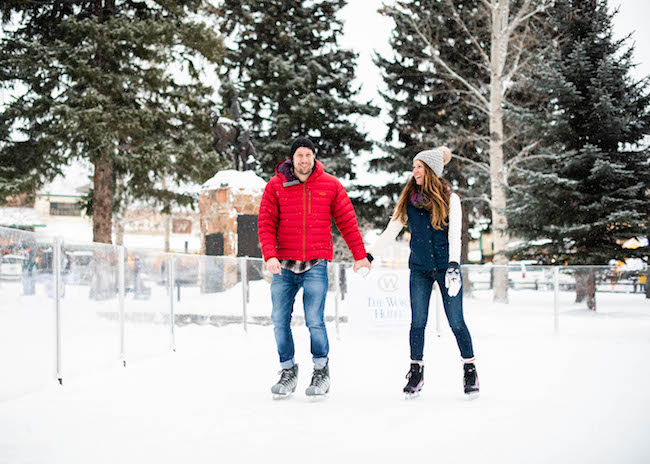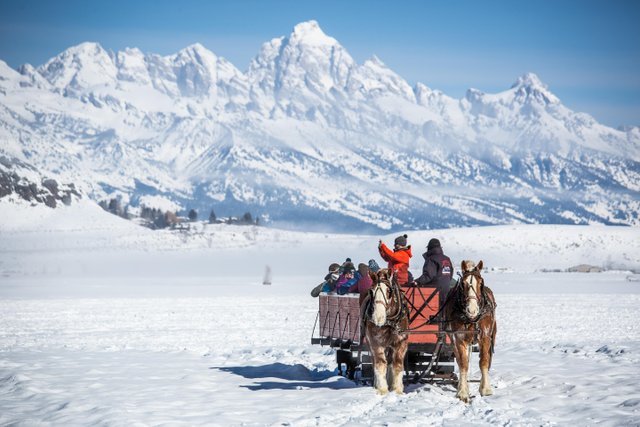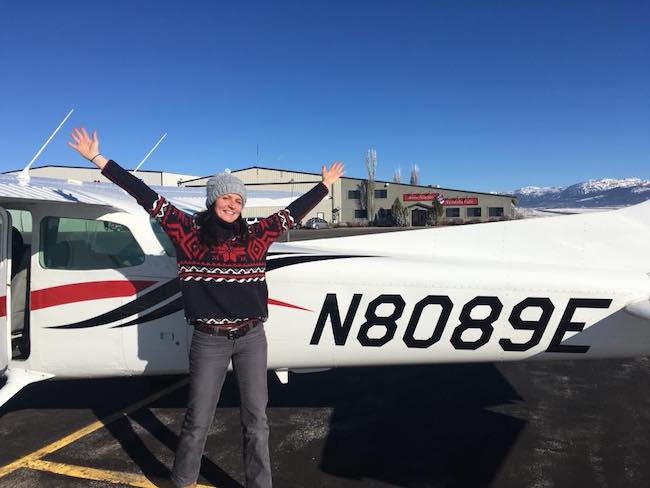To the Rescue
27 Aug 2017
Elite Ranger Crew Saves Lives in Grand Teton National Park
Summer 2017
Written By: Jill Thompson | Images: Courtesy National Park Service
It was October 2015 and many of the 18 Jenny Lake Climbing Rangers and already left for the season. A call came into dispatch that a woman fell hiking, tumble down about 25 feet, then fell another 20 feet to where she lie, severely injured on a steep, rocky slope.
The Jenny Lake Climbing Rangers who were still nearby quickly came together to rescue the badly injured patient and get her to the hospital. “We got her out just before dark,” Jenny Lake District Ranger Scott Guenther says. “If we had to wait for people, or anything that would have slowed it down by 30 minutes, the rescue probably wouldn’t have happened that night. She could have died that night up there.” “We got her out just before dark,” Jenny Lake District Ranger Scott Guenther says. “If we had to wait for people, or anything that would have slowed it down by 30 minutes, the rescue probably wouldn’t have happened that night. She could have died that night up there.” Such a risky late season rescue is par for the course for the prestigious Jenny Lake Climbing Rangers. All 18 rangers have some level of emergency medical training, ranging from emergency medical technician to park medic and paramedic. About half of the rangers also have law enforcement training, and many are trained as wildland and even structural firefighters. “Out of an 18-person staff, we’ve got 300-plus years of collective Grand Teton National Park experience. That is 15 to 20 years per person." Scott Guenther But most importantly, all are climbers. The rangers are highly trained in technical rescue skills like rope rigging, mechanical advantage work, and technical methods of raising and lowering.
They are also trained on helicopter short-haul, which is a rescue technique where an individual is suspended below a helicopter on a 150- to 250-foot-long rope.
Before heading out on a rescue, Guenther and his team rate a variety of risk factors including weather, time of day, rugged nature of the terrain, altitude of the incident, and whether it is possible to fly and land a helicopter nearby. The rangers’ vast experience with each one of these factors has led to hundreds of successful rescues in the park.
“Out of an 18-person staff, we’ve got 300-plus years of collective Grand Teton National Park experience,” Guenther says. “That is 15 to 20 years per person. I think that collective knowledge is our greatest asset for providing good information to the public and being really good at rescues.”
Daring rescues are only about 10 percent of the work of a Jenny Lake Climbing Ranger. Ninety percent of the time the team is walking trails, informing the public about routes, and climbing to maintain their skills and fitness. They aim to prevent as many rescues as possible by sharing information with the public.
But most importantly, all are climbers. The rangers are highly trained in technical rescue skills like rope rigging, mechanical advantage work, and technical methods of raising and lowering.
They are also trained on helicopter short-haul, which is a rescue technique where an individual is suspended below a helicopter on a 150- to 250-foot-long rope.
Before heading out on a rescue, Guenther and his team rate a variety of risk factors including weather, time of day, rugged nature of the terrain, altitude of the incident, and whether it is possible to fly and land a helicopter nearby. The rangers’ vast experience with each one of these factors has led to hundreds of successful rescues in the park.
“Out of an 18-person staff, we’ve got 300-plus years of collective Grand Teton National Park experience,” Guenther says. “That is 15 to 20 years per person. I think that collective knowledge is our greatest asset for providing good information to the public and being really good at rescues.”
Daring rescues are only about 10 percent of the work of a Jenny Lake Climbing Ranger. Ninety percent of the time the team is walking trails, informing the public about routes, and climbing to maintain their skills and fitness. They aim to prevent as many rescues as possible by sharing information with the public.


